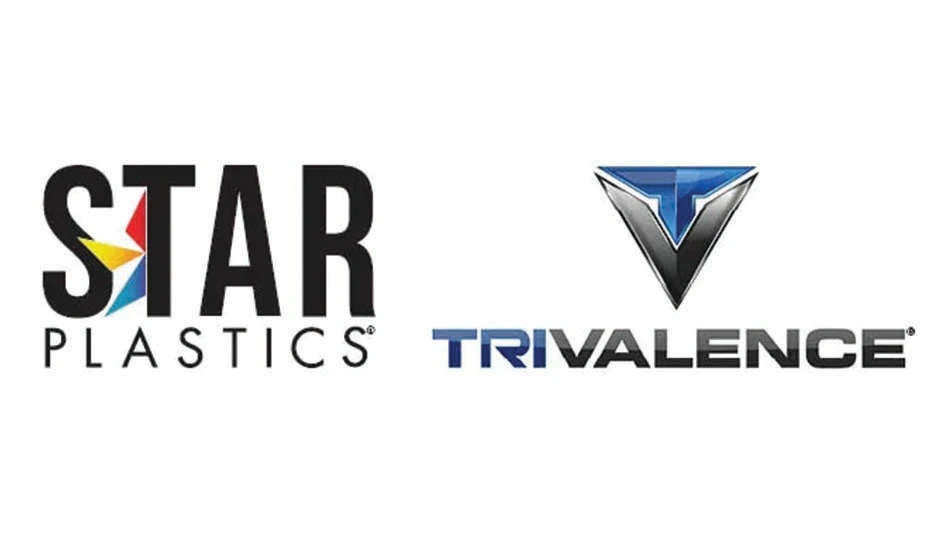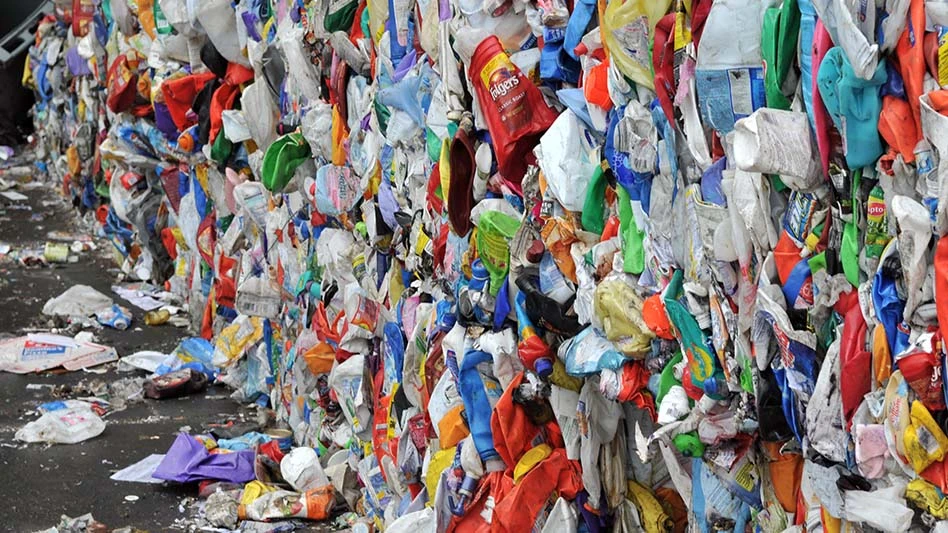
Pictured: ISRI's Robin Weiner
It has been only three years since the U.S. Environmental Protection Agency (EPA) has given the OK to recover and recycle plastics from auto shredder residue (ASR), according to Robin Weiner, president of the Institute of Scrap Recycling Industries (ISRI), Washington. Weiner and Joe Pomykala, facility and operations manager for Alter Trading Corp.'s Davenport, Iowa, yard, spoke about the potential opportunities and challenges associated with recycling plastics from ASR during a session at the Re|focus Recycling Summit & Expo, which was organized by SPI: The Plastics Industry Trade Association.
Weiner said Alter Trading and MBA Polymers, based in the United Kingdom, were instrumental in helping ISRI work with the EPA to allow the recycling of plastics from ASR. The practice used to be illegal in the U.S. in light of concerns about the presence of PCBs (polychlorinated biphenyls), which are regulated under the Toxic Substances Control Act (TSCA).
According to ISRI’s statistics, 14 million cars and 45 million appliances are shredded annually in the 300 shredders installed in the United States, producing roughly 5 million tons of ASR, Weiner said. Of this 5 million tons, approximately 1.75 million tons of plastics, including polypropylene, polyethylene, acrylonitrile butadiene styrene, nylon and high-impact polystyrene, are estimated to be available for recovery and recycling.
ISRI sought clarification from the EPA on recycling plastics from ASR, taking technical, political and legal approaches to the issue, Weiner said. The organization commissioned studies to demonstrate that recycling of ASR plastics posed no risk to human health. Another study demonstrated that allowing this material to be recycled would lead to $1 billion in equipment investments and 20,000 new jobs, Weiner said.
ISRI also worked to develop source control and output controls for recyclers to use when processing plastics from ASR to alleviate any lingering concerns the EPA had, she added, with sales contracts assuring that these plastics are not used for items such as toothbrushes or pacifiers.
While regulation and technology have shifted in recent years to make recycling plastics from ASR technically possible, it may not be at the point where it is economical currently given the market, Weiner said.
Before he joined the staff at Alter, Pomykala worked for Argonne National Labs in the 1990s, conducting research into recycling plastics from ASR. His presentation detailed the research Argonne performed in this area.
At Argonne, a mechanical process was used to separate the plastics in the ASR, with the objective of recovering a polymer concentrate comprising various resins, he said. The polymer concentrate went on to a wet separation process, roughly sorting polymers by density. However, Pomykala said the overlapping densities of the various plastics made separation by this method difficult.
The lab processed 150 tons of ASR that came from five different shredders. Pomykala said the quality of the recovered polymer concentrate varied from shredder to shredder, as did the ASR, depending on whether the material was shredded via a wet or dry process.
Argonne was able to recover 95 percent of the polymers found in ASR, he said, and found that a consistent product suitable for compounding could be produced. Argonne was able to produce car parts from the plastics it recovered, Pomykala said, with mold trials using as much as 75 percent regrind.
Sponsored Content
SENNEBOGEN 340G telehandler improves the view in Macon County, NC
An elevated cab is one of several features improving operational efficiency at the Macon County Solid Waste Management agency in North Carolina. When it comes to waste management, efficiency, safety and reliability are priorities driving decisions from day one, according to staff members of the Macon County Solid Waste Management Department in western North Carolina. The agency operates a recycling plant in a facility originally designed to bale incoming materials. More recently, the building has undergone significant transformations centered around one machine: a SENNEBOGEN telehandler (telescopic handler).
The inaugural Re|focus Recycling Summit and Expo was April 25-27 at the Rosen Shingle Creek in Orlando.
Get curated news on YOUR industry.
Enter your email to receive our newsletters.
Latest from Recycling Today
- Algoma EAF is up and running
- Toyota-Tsusho completes acquisition of Radius Recycling
- CATL, Ellen MacArthur Foundation aim to accelerate circular battery economy
- Commentary: Expanded polystyrene: 98 percent air, 2 percent plastic, 100 percent misunderstood
- AMCS appoints general manager for North America
- How tariffs, regulations affect LIBs recycling in US, EU
- Schwan Cosmetics introduces packaging free of styrene, ABS
- Aimplas coordinates EU project focused on solar panel circularity








